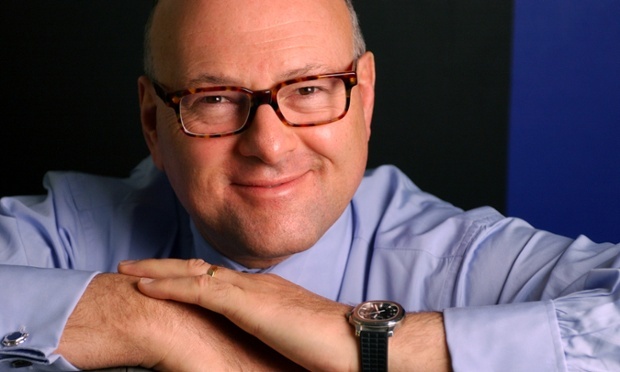Franchising, retail, business

17/11/2014
The participants in the 10,000 Small Businesses UK programme showcase the diversity of entrepreneurship in this country
We are living in the age of the entrepreneur. Now, more than at any time I can remember, entrepreneurship is being celebrated by the media and governments around the world. The barriers to establishing your own business have been lowered by new technologies and changing consumer behaviour. Some of the world’s most successful businesses are associated inextricably with their entrepreneurial roots. Perhaps most notably, becoming an entrepreneur is no longer considered something for eccentrics or hopeless optimists – it is aspirational and has become a respectable, even a desirable, option for some of the best and brightest.
Writing as somebody who started my business at the age of 24, I have no doubt that this cultural shift is a positive one. For our economies to continue delivering shared prosperity and create fulfilling opportunities for work, it is essential that innovative ideas and new ways of working are constantly introduced and tested in the marketplace – and entrepreneurs are critical to this process.
And yet, in all this very welcome celebration of entrepreneurship, sometimes the reality of what it means to be an entrepreneur can get lost. I am sure that many of the participants of the 10,000 Small BusinessesUK programme struggle to recognize their own experience in some of the portrayals of entrepreneurship they see around them!
First and foremost, building a business is one of the hardest things you can do. Not only is it immensely hard work, but almost by definition it is a lonely undertaking – the buck really does stop with the entrepreneur. The undoubted highs (the key milestones reached, the first big customer won, the first investment secured) are intrinsically tied to the huge challenges (the radical uncertainty, the constant battling against the odds with limited resources, the impossibility of ever standing still).
Yet the 10,000 Small BusinessesUK participants who are the focus of this report [PDF] are evidence of how strong the desire is to start your own business, and even more so what can be achieved when you do. In their diversity, they show how broadly shared the desire to build your own business is – among people with PhDs and those who left school early, younger and older people, men and women, across every sector and in every part of the country. Overwhelmingly, these individuals have grown their businesses through or founded them during the recent recession, against all the odds.
The tenacity and resilience that these business leaders demonstrate are surely prerequisites for business success. Another is the ability to learn and adapt constantly, and the 10,000 Small BusinessesUK programme provides the opportunity for accelerated learning from world class business schools and universities, practitioners in the wider business community and, critically, from other entrepreneurs. A breakthrough insight and, I am sure, a key reason for the programme’s impact as demonstrated in this report, is how it helps entrepreneurs to tap into each other’s accumulated experience. There is no more credible source of advice or encouragement than another entrepreneur who has already been down the path that you are exploring.
Speaking from my own experience, there was no 38 year plan to grow Travelex from a single shop in 1976 to where it is today and I could not possibly have predicted its evolution. Each participant in the 10,000 Small BusinessesUK programme has their own story and is at a different stage of their business’s journey, and for each of their businesses, evolution will be different. But all are united by the desire to take their businesses as far as they can go and in this they cannot but benefit from being part of this unique entrepreneurial community.
Fonte:http://www.theguardian.com/goldman-sachs-partner-zone/2014/nov/14/business-boom-welcome-age-entrepreneur?CMP=new_1194